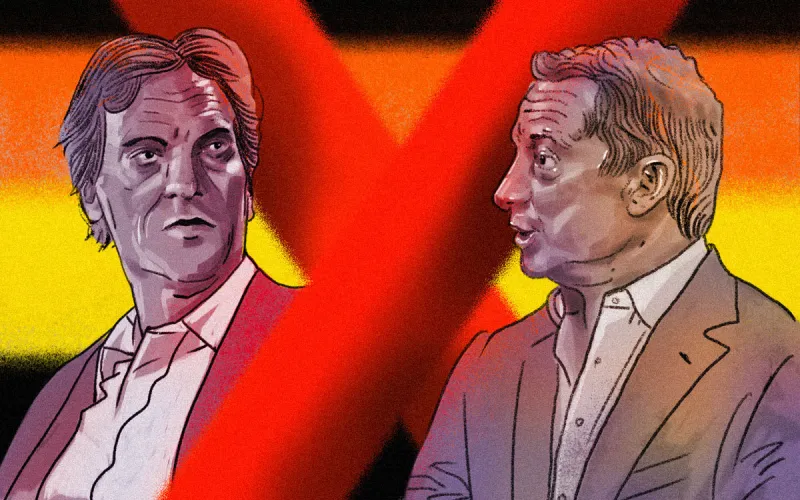David Barse Founded XOUT. An Ex-Business Partner Claims . . . Some Copying.

Alec Ellison and David Barse.
Inside the business split between Outvest founder Alec Ellison and ex-Third Avenue CEO David Barse.
U.S.
Ryan Giannotto
GraniteShares
David Barse
Alec Ellison

